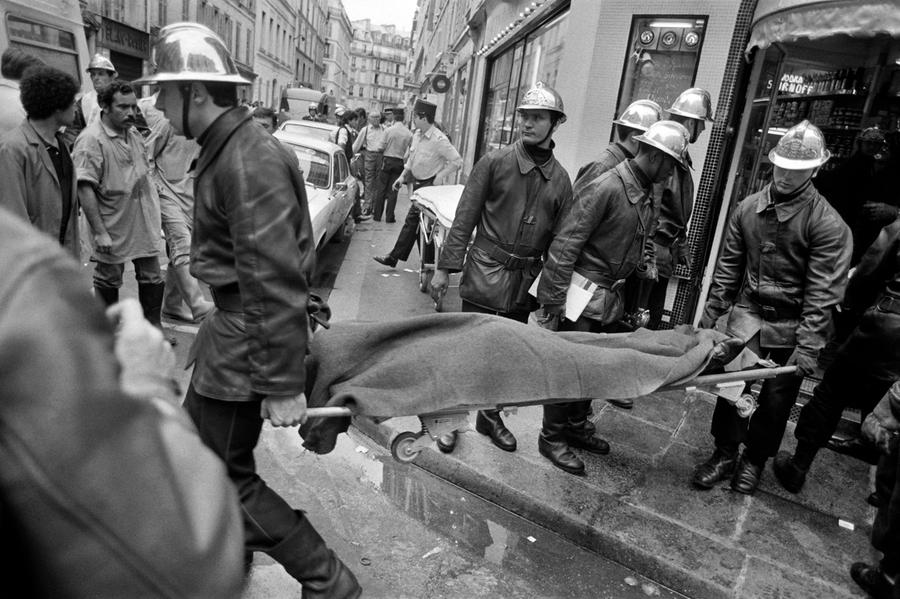French prosecutors announced on October 4, 2023, their intention to bring six individuals to trial in connection with a significant terror attack that occurred at the Chez Jo Goldenberg restaurant in Paris on August 9, 1982. This assault resulted in the deaths of six people and left 22 others injured, marking it as the deadliest antisemitic attack in France since the Second World War.
One of the suspects, Walid Abdulrahman Abu Zayed, has been in custody in France since late 2020. Arrest warrants have been issued for the other five suspects, though it remains unclear whether they are currently in France. The attack, which involved the use of grenades and machine guns, targeted the heart of the Jewish district in the Marais quarter and has been attributed to members of the Fatah-Revolutionary Council (Fatah-RC), a now-defunct radical Palestinian dissident group that was operating from Iraq at that time.
The National Anti-Terrorism Prosecutor’s Office in France has identified Nizar Tawfik Mussa and Mahmoud Khader as suspects wanted on charges of murder and attempted murder linked to a terrorist organization. Additionally, three other individuals are being sought for aiding and abetting murder and attempted murder in connection with the same attack.
This announcement follows a recent decision by French lawmakers to honor Alfred Dreyfus with a posthumous promotion. Dreyfus, a Jewish officer, was wrongfully convicted of treason in 1894, stripped of his rank, and exiled to a penal colony on Devil’s Island in French Guiana. He was eventually pardoned in 1899 and had his conviction overturned in 1906, but the infamous Dreyfus Affair highlighted widespread antisemitism in late 19th-century France.
The Dreyfus Affair not only reshaped public opinion on antisemitism but also inspired Emile Zola‘s famous open letter, “J’Accuse,” which criticized the injustice of Dreyfus’s conviction. This historical context adds a layer of significance to the ongoing efforts to bring justice for the victims of the 1982 restaurant attack.
As France continues to confront its historical challenges related to antisemitism, the upcoming trial may serve as a pivotal moment in addressing past injustices and reaffirming the nation’s commitment to combating hate.
